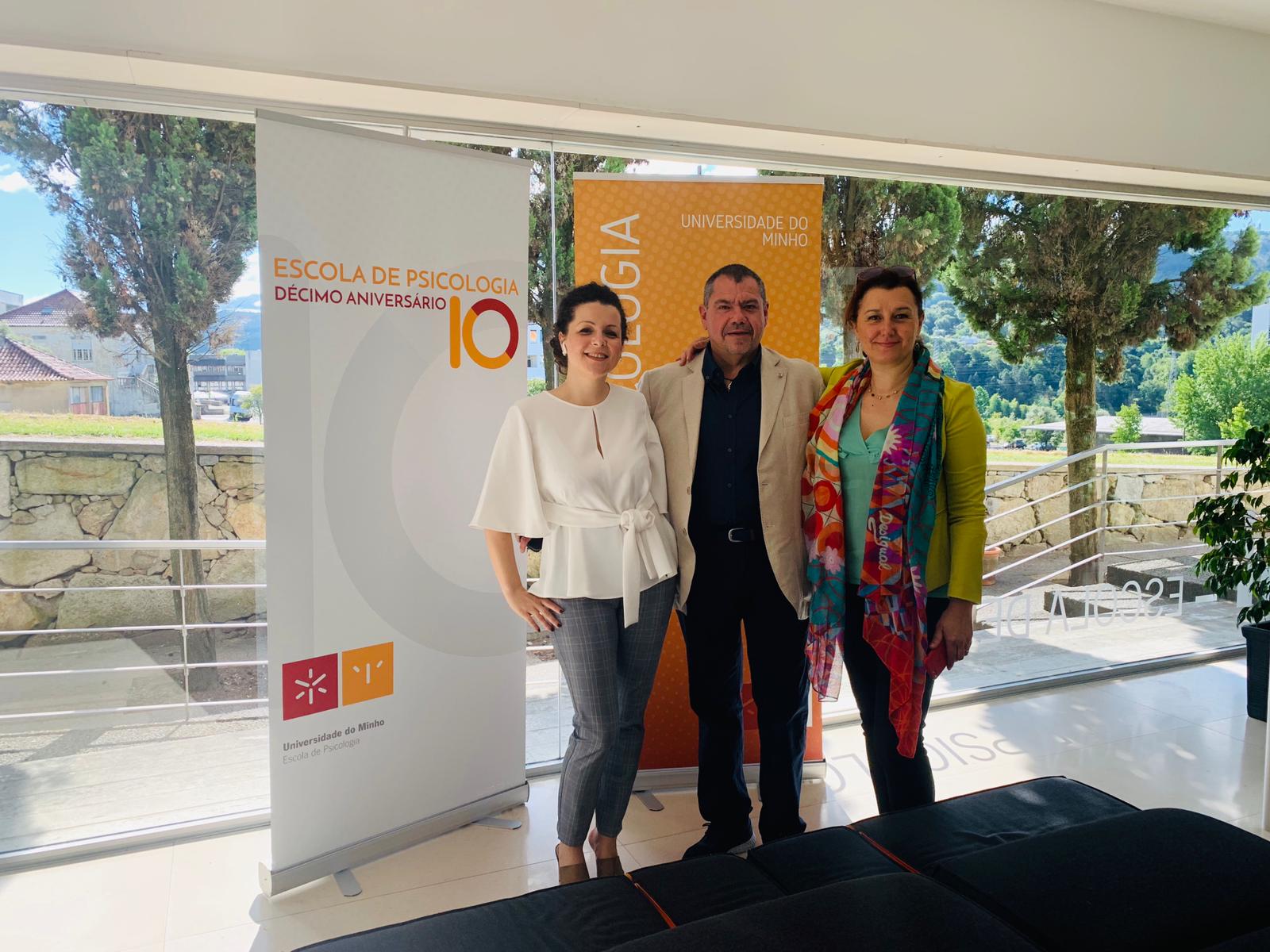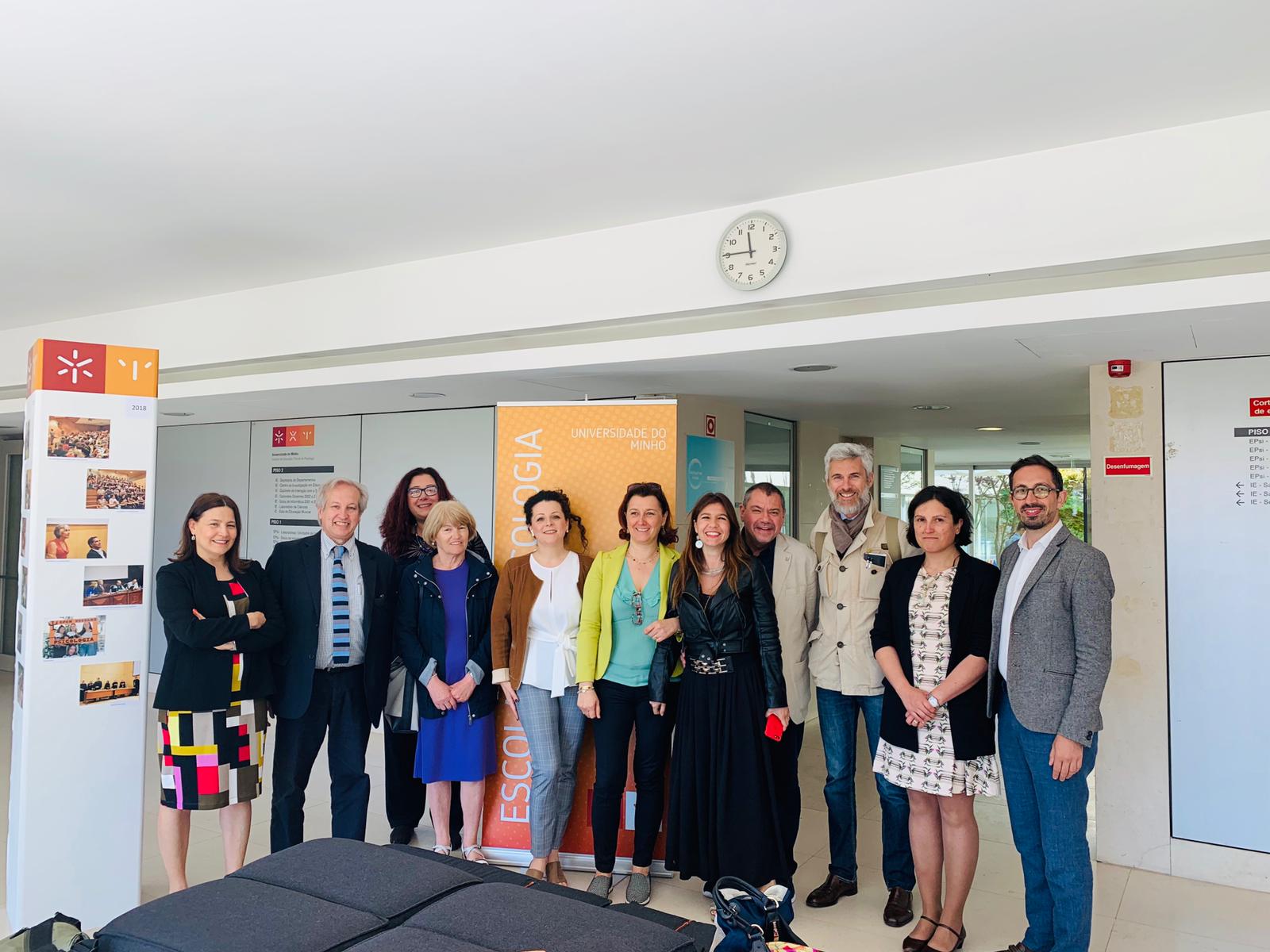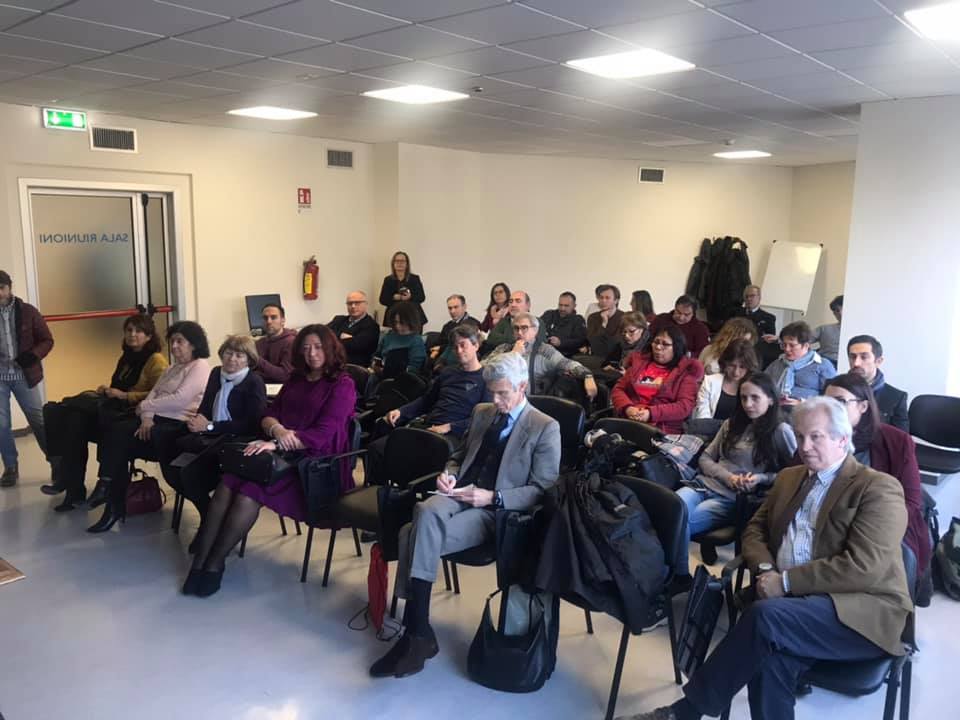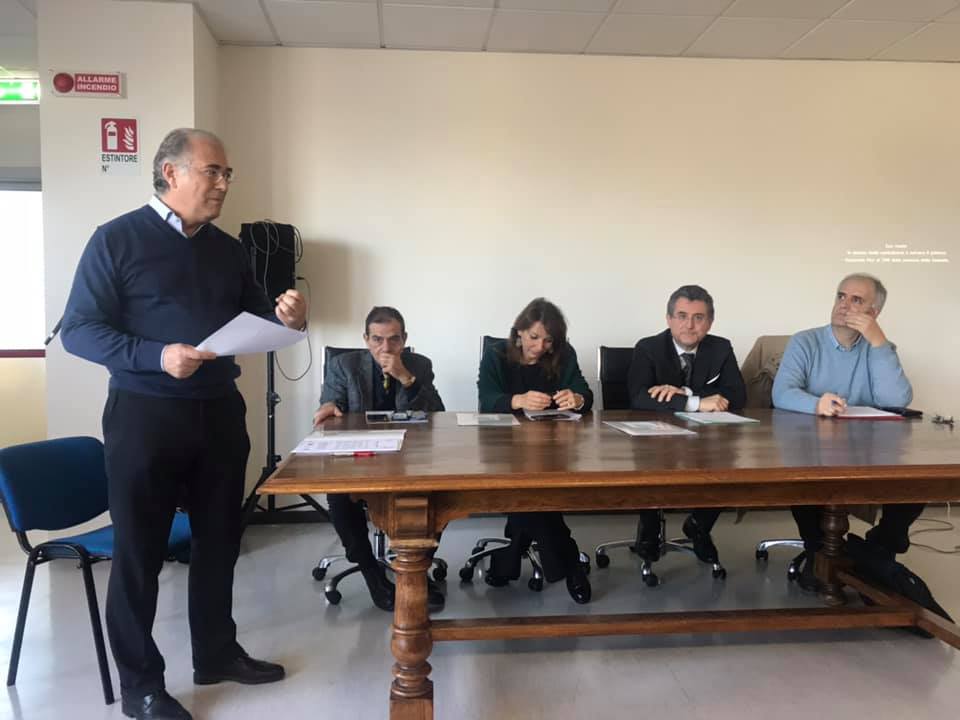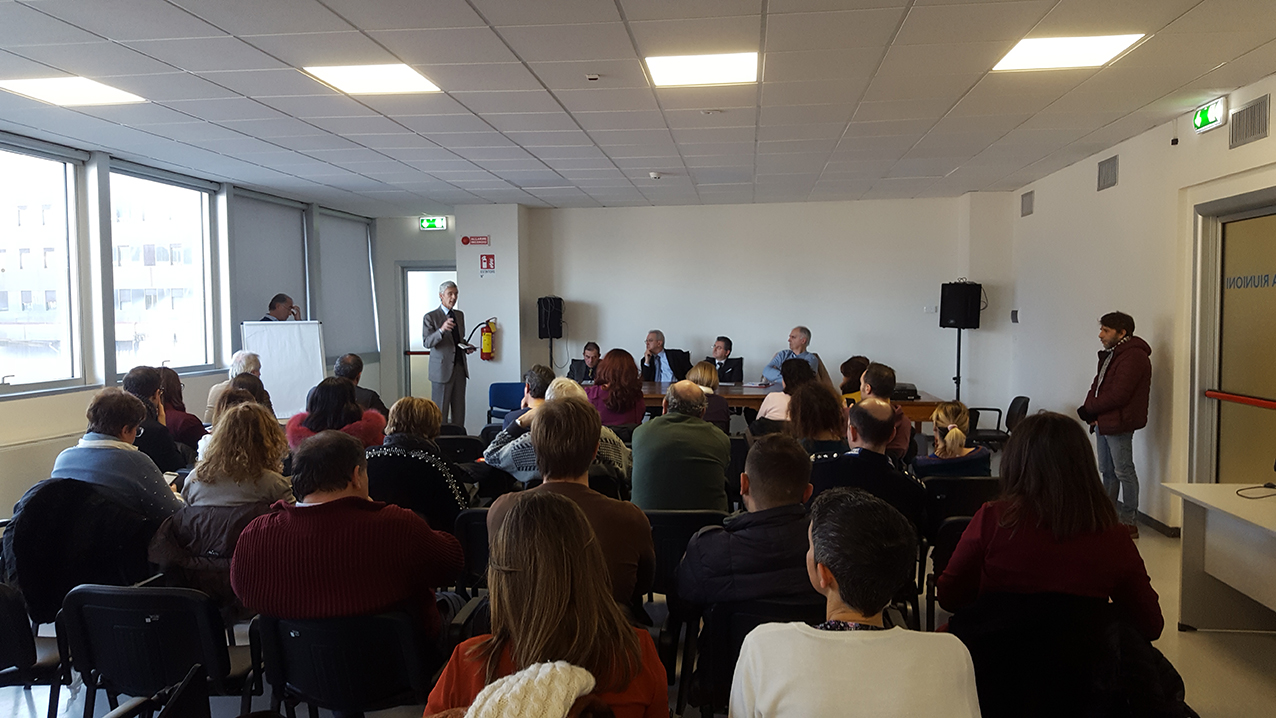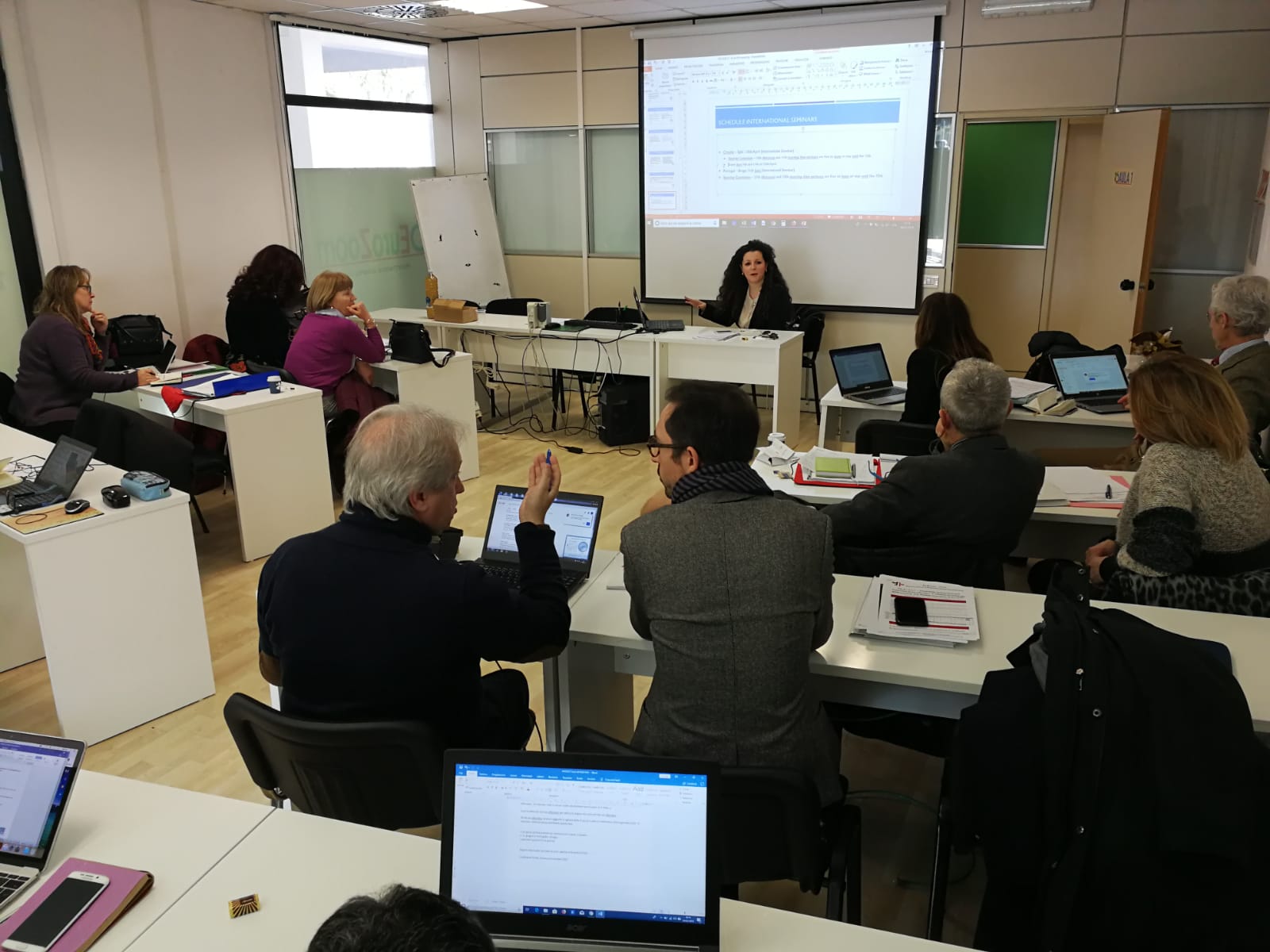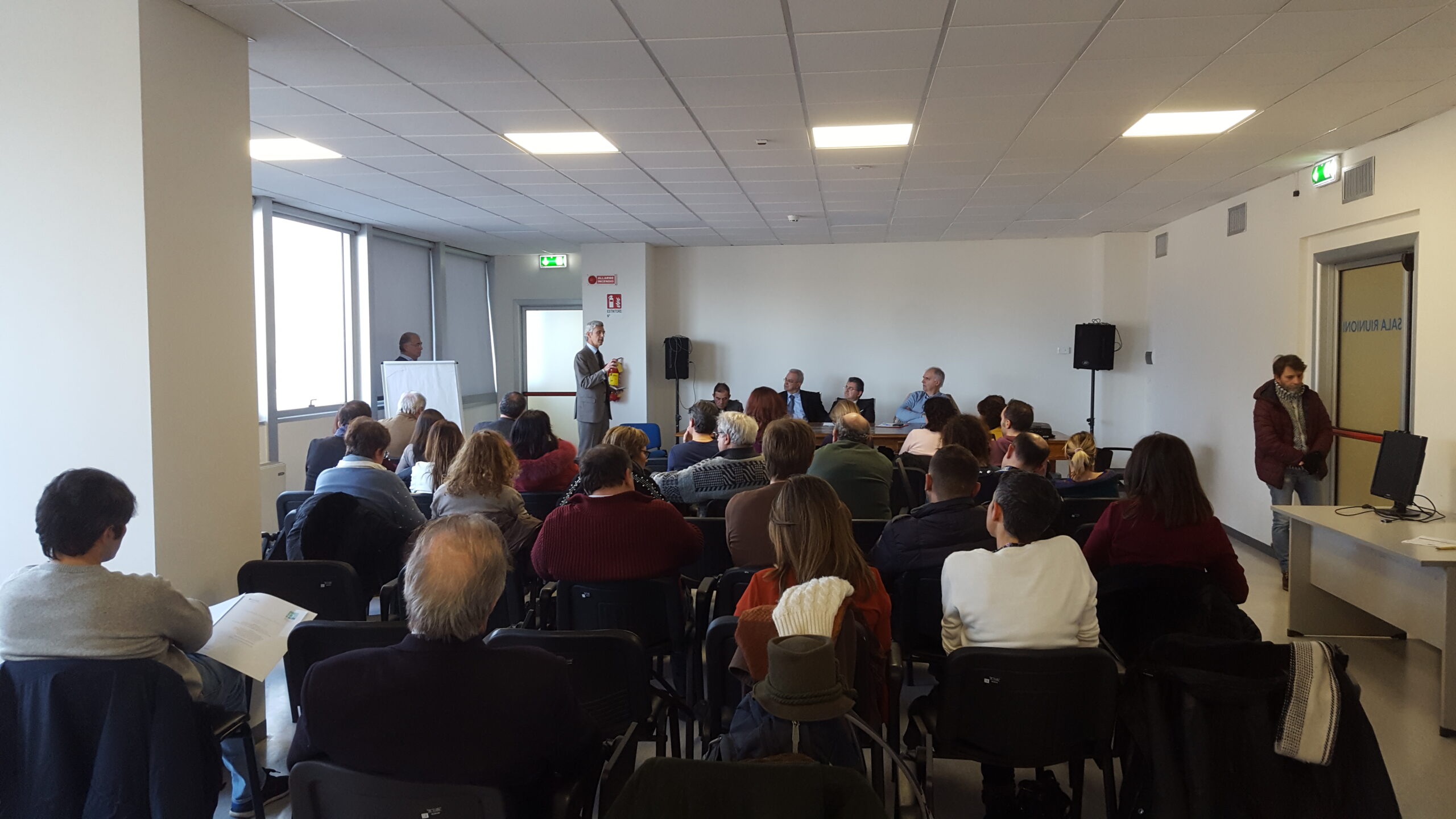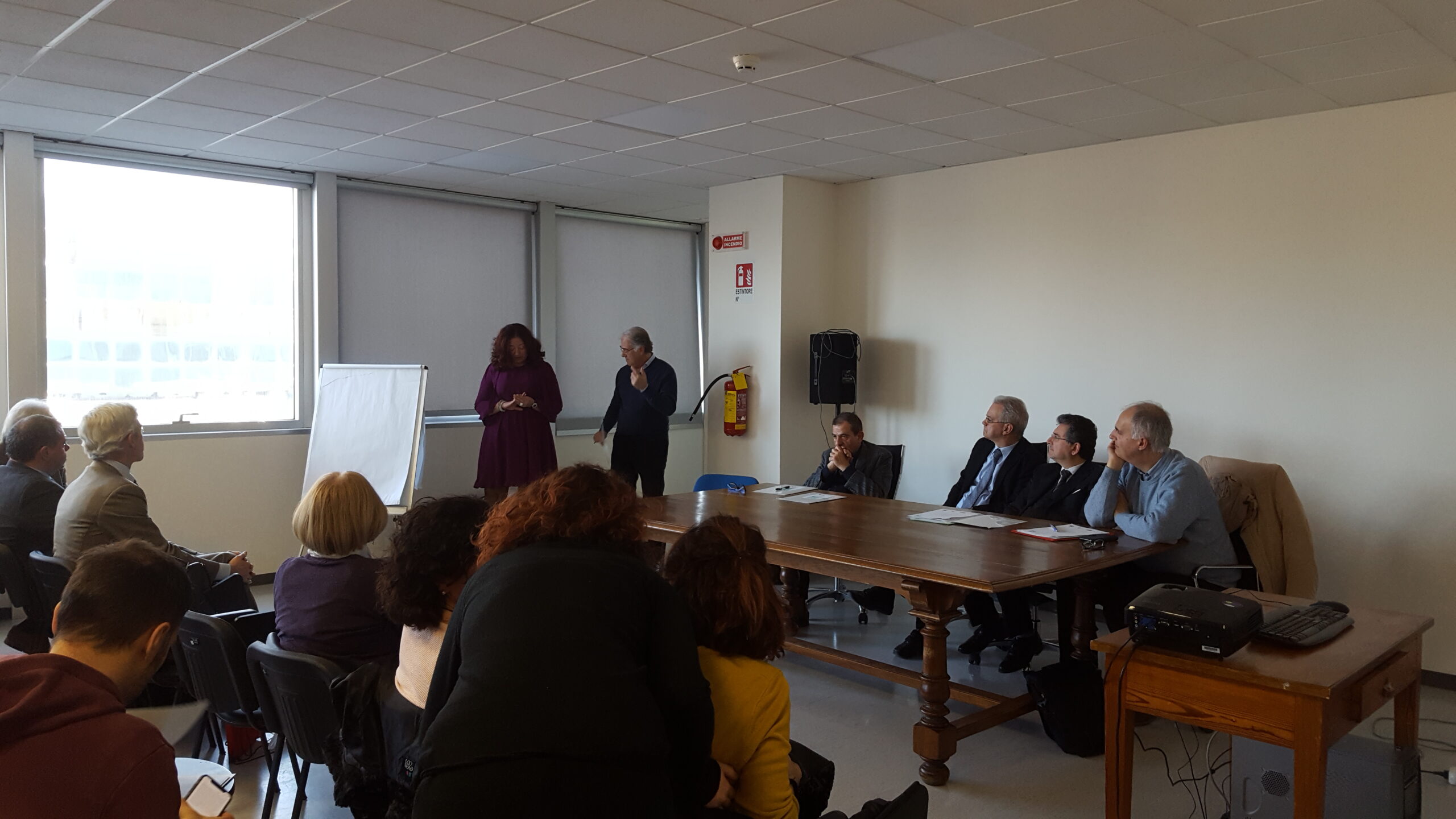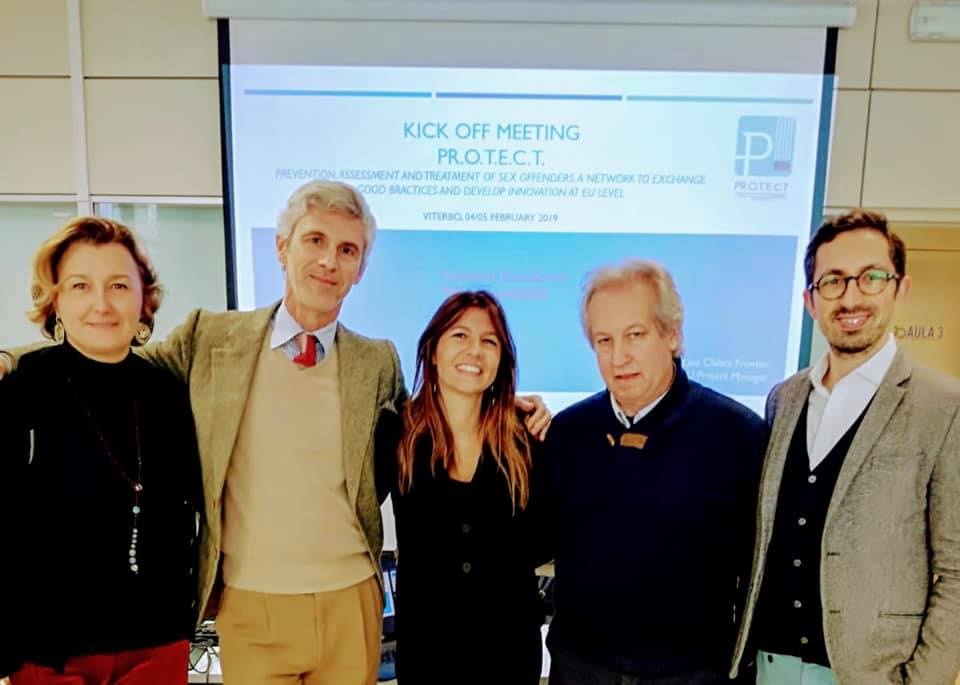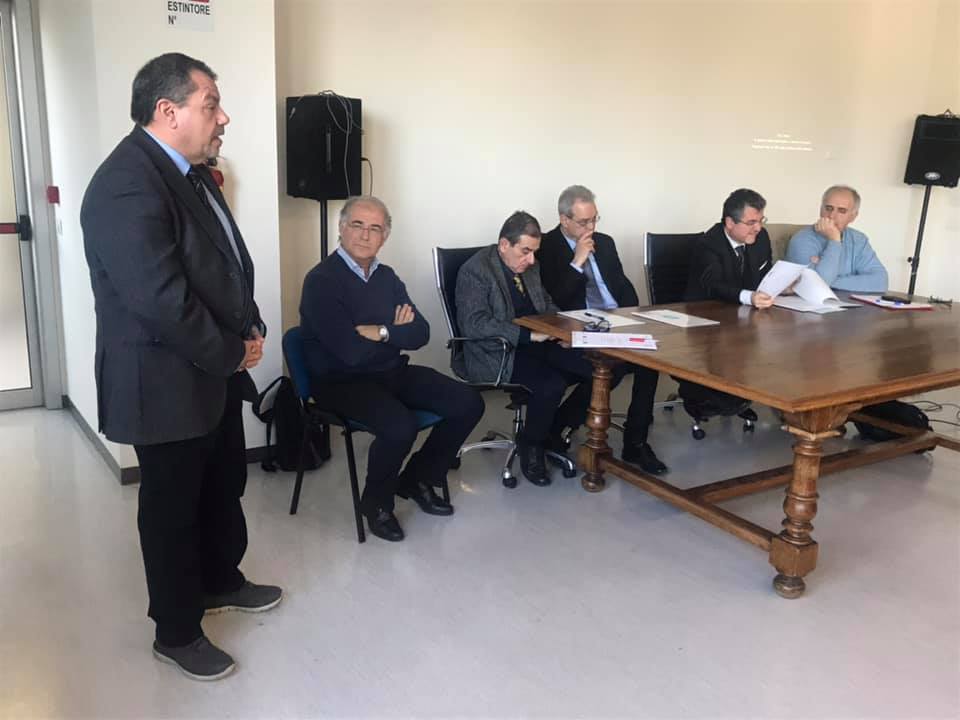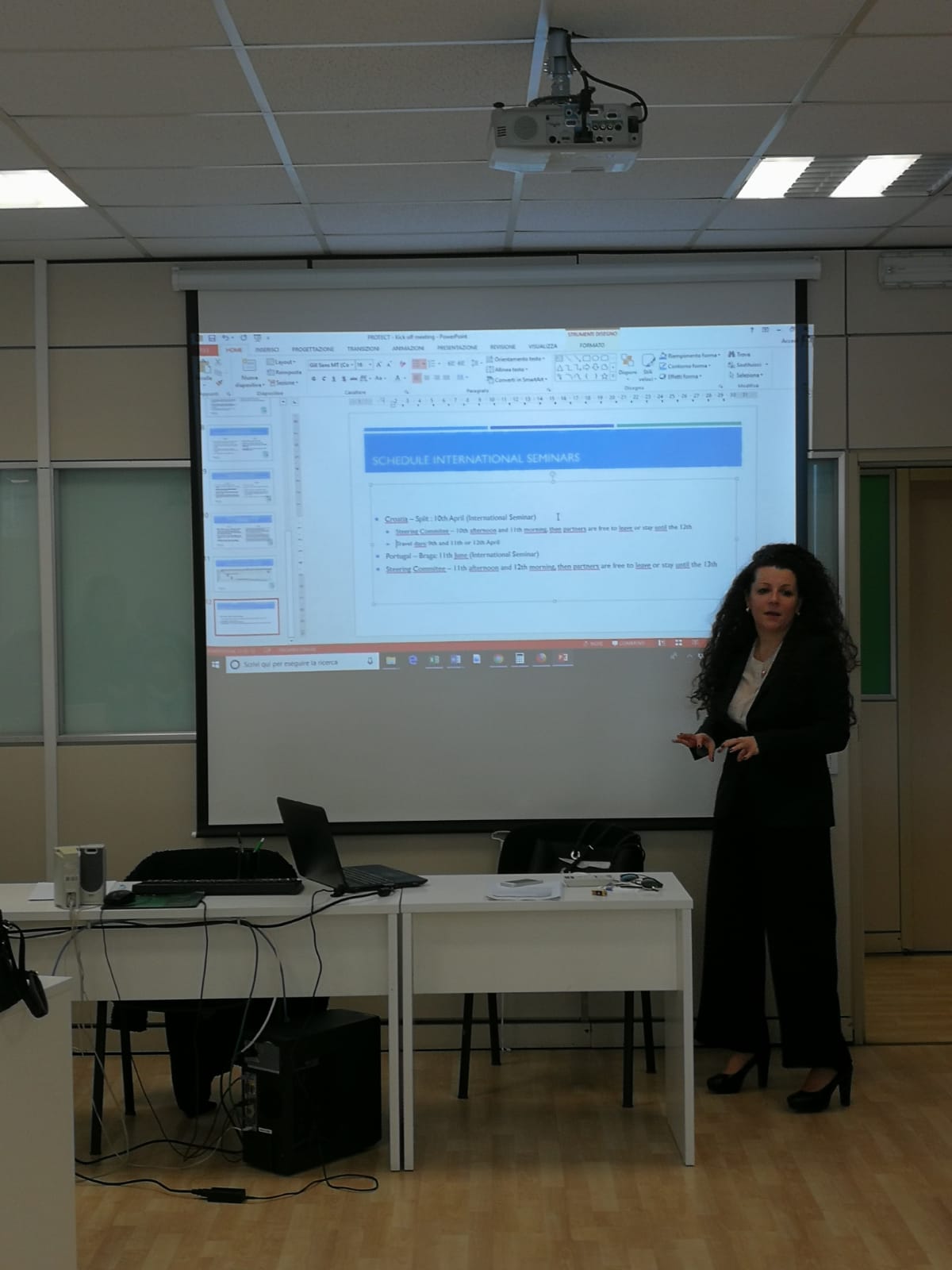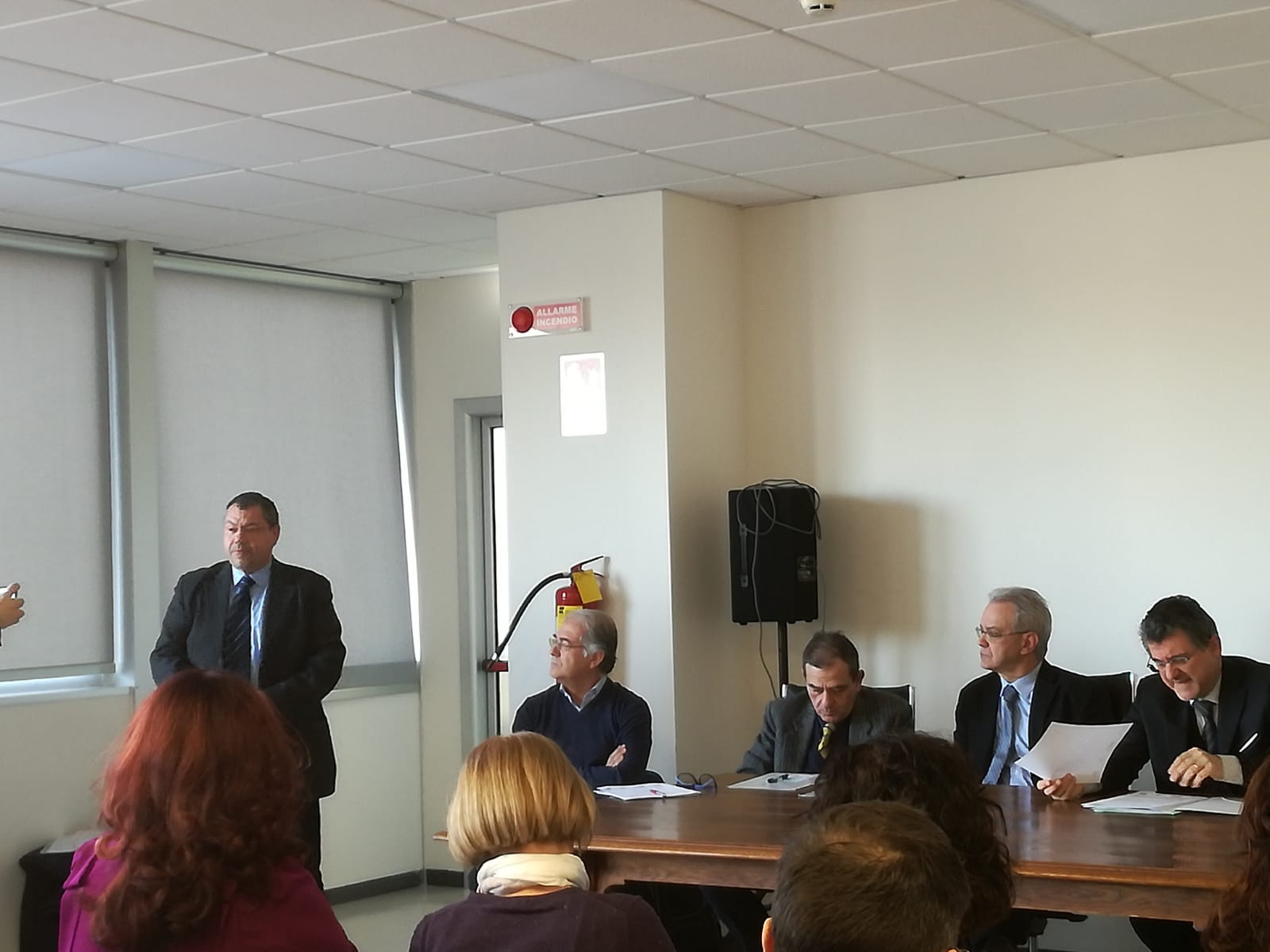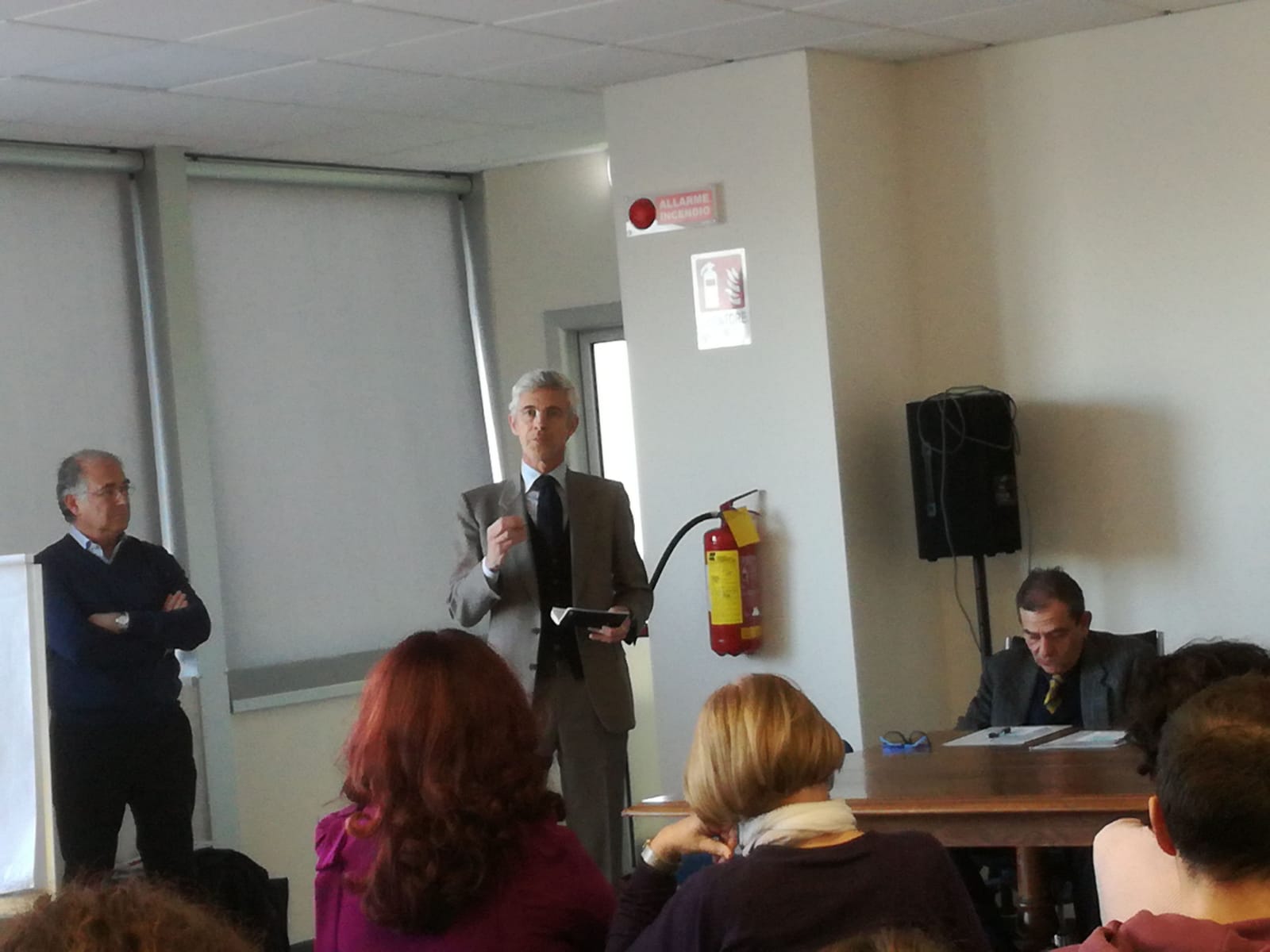PR.O.T.E.C.T. – PreventiOn, assessment and Treatment of sex offenders. A network to ExChange good practices and develop innovaTion at EU level
The “PR.O.T.E.C.T. – PreventiOn, assessment and Treatment of sex offenders. A network to ExChange good practices and develop innovaTion at EU level” project is leaded by the Italian Society for Prison Health and Medicine, in partnership with the Italian Ministry of Justice, Sapienza University, Braga University and Healthy City NGO (Croatia).
The project addresses Priority 4 of the call.
PROTECT is aimed at:
- preventing reoffending through the development of a perpetrator international treatment protocol, born from the share of international approaches among partners, to create experimental OFUs (Operational Functional Units), focused on rehabilitative justice that will be tested in prisons.
- creating two 20-hours training courses for penitentiary professionals shaped around the “behavioural” approach and focused on the protocol, to carry on in the selected prisons and spread online, with the aim of reducing stigma and prejudice towards the sex offenders, increasing awareness and consciousness, spread the use of the protocol.
The Protocol and the training course will be the project tangible outputs.
TARGETS will thus be:
- 100 Perpetrators of sex crimes in the selected prisons, on which the protocol will be tested;
- 120 penitentiary staff in the selected prisons;
The following activities will be organized:
- Seminars in each participating country to explore local contexts and gather data on epidemiology, perpetrator profiles, existing programs to map the current situation in Europe and share good practices
- Develop the experimental protocol for SO treatment
- Experiment of the international protocol in the selected prisons
- Introduce two 20-hours training courses.
Download documents about the project:

